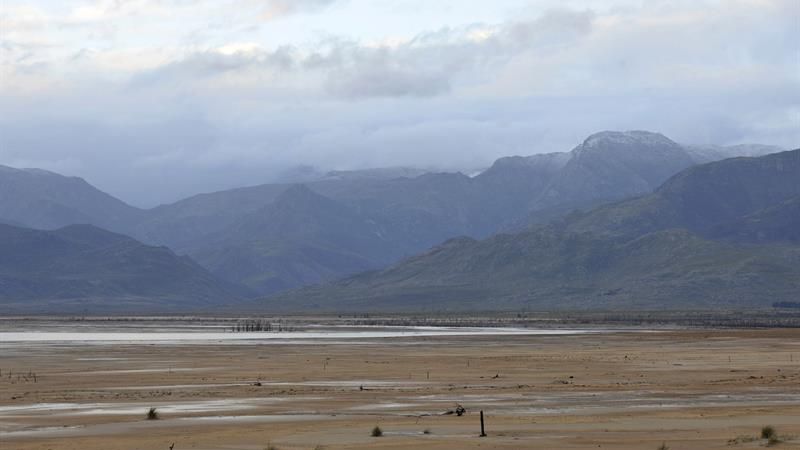Donald Trump’s call for Netflix to remove board member Susan Rice has intensified the Paramount saga, pushing the streaming wars into a political confrontation.
Cape Town’s Day Zero ‘now very likely’, Level 6B water restrictions incoming

“We have reached the point of no return,” writes the City of Cape Town in what could be its bleakest statement about the city’s drought thus far.
After Mayor Patricia de Lille hosted media at a briefing in Cape Town early Thursday, the City updated the rest of its residents on the drought resilience measures going forward.
For one, there was a lot of citizen blaming going on.
“It is quite unbelievable that a majority of people do not seem to care and are sending all of us headlong towards Day Zero,” the release continues.
“At this point we must assume that they will not change their behaviour and that the chance of reaching Day Zero on 21 April 2018 is now very likely.”
As a side effect, the City of Cape Town will implement what it’s calling Level 6B water restrictions from 1 February 2018 — two and a half months before the taps run dry.
Cape Town’s ‘green’ map reveals water usage per household
The City of Cape Town has this week made spying on friends, family or even neighbours’ water usage habits even easier. Previously, one would have to sneakily peak over the wall when the spritz of a sprinkler was heard, but now you can simply use the City’s freely available Water Map. Read more…
“We will be moving to level 6B restrictions with a new limit of 50 litres per person per day to make up for the many months of missing the 500-million litre per day collective consumption target,” the City adds.
“The new daily collective consumption target is now 450-million litres per day.” The City will then reassess the situation in 150 days — by then, Cape Town could be the first major city in the world to completely run out of water.
And to force citizens to reduce consumption, the City is upping water prices drastically for overzealous users. This punitive surcharge comes as a replacement for the proposed drought charge, which will now be dropped.
Households using more than 6000 litres per month will be charged R146 — more than four times the current levy. Those using more than 50 000 litres per month can expect to give the City a down payment on a family hatchback — R20 620.
At the time of writing, Cape Town’s dams were just 28.1% full, falling 0.6% since the start of the week.
Feature image: City of Cape Town


